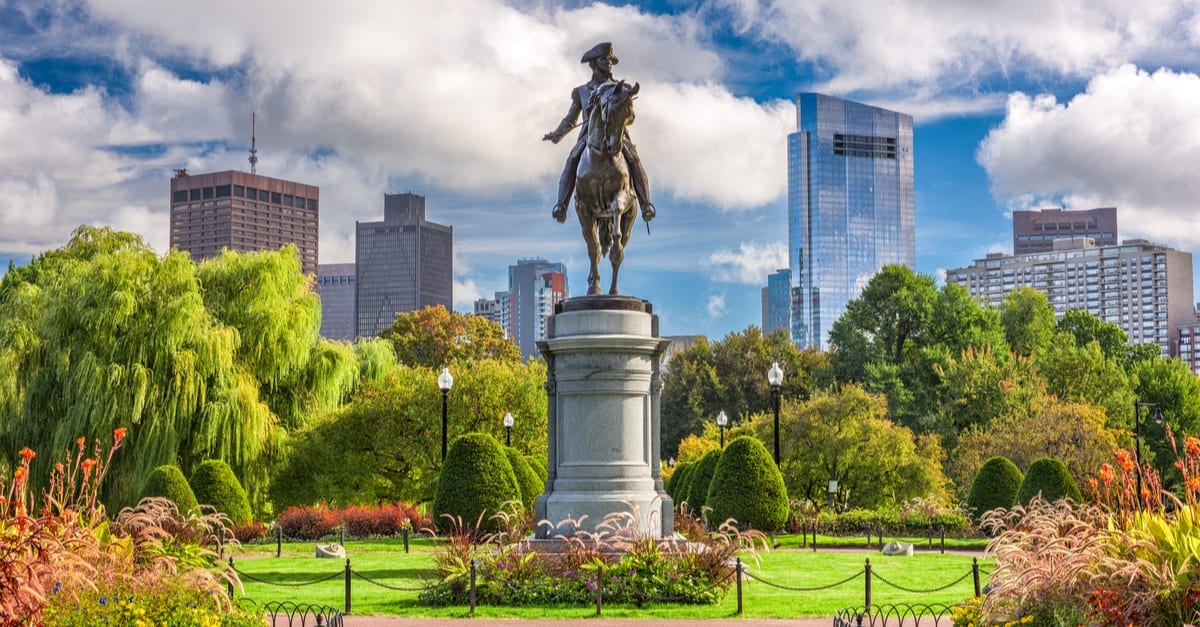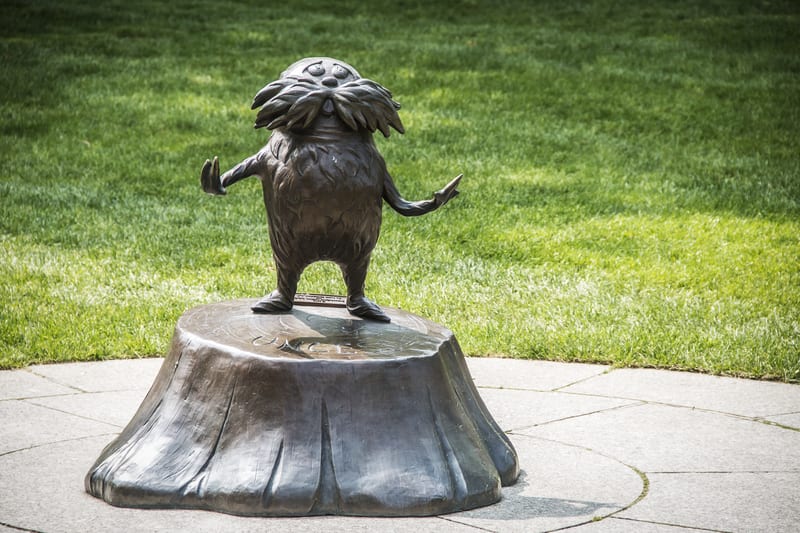To make a valid will under Massachusetts law, the will must be:
- In writing;
- Signed by the testator or by someone else in the testator’s name in the testator’s presence and at the testator’s direction;
- Witnessed and signed by at least two witnesses.
Massachusetts General Laws § 2-502 governs the requirements for valid execution of a will.
Who Can Make A Will In Massachusetts?
“An individual 18 or more years of age who is of sound mind may make a will” under Massachusetts law. MA Gen L ch II § 2-501.
To be of sound mind to make a will, Massachusetts law requires that a testator:
- Understand the purpose of the will;
- Understand the nature of his property;
- Understand the people who could claim his property (the natural objects of his bounty).
The threshold to be of sound mind to make a valid will under Massachusetts law is quite low, and is less than the necessary capacity to enter into a contract.
Massachusetts Requirement That The Will Must Be Signed
Massachusetts law requires that the will be “signed by the testator or in the testator’s name by some other individual in the testator’s conscious presence and by the testator’s direction…” MA Gen L ch II § 2-502.
It is highly preferable that the testator sign the will by himself. Although it is perfectly legal for the testator to direct another person to sign in the testator’s conscious presence and direction, it can make a challenge to the will all that much easier under Massachusetts law. Even if the testator’s mental capacity had nothing to do with the testator not signing the will himself, a will challenger might use the fact that the testator did not sign the will to argue that the testator could not sign the will, and had no idea what was going on.
The word “conscious” is important as well. This means that it is not enough for the person signing the will for the testator to just be in the room. The testator must know what the person is doing, direct the person to sign the will, and be awake and alert during the process.
Witness Requirements For a Valid Massachusetts Will
Massachusetts law also requires that a will be “signed by at least 2 individuals, each of whom witnessed either the signing of the will [by the testator at the direction of the testator] or the testator’s acknowledgement of that signature or acknowledgement of the will.” MA Gen L ch II § 2-502(3).
A person is qualified to act as a witness if they are “generally competent.” MA Gen L ch II § 2-505. Basically, the witness has to be able to testify as to the circumstances of the execution of the will, if necessary.
Does A Will Have To Be Notarized To Be Valid In Massachusetts?
No, a will does not need to be notarized for the will to be valid under Massachusetts law.
A will can be made self-proved under Massachusetts law if the will is simultaneously executed, attested, and acknowledged in front of a notary. If a will is self-proved, probate is easier because the witnesses who executed the will generally do not need to testify before the court to establish the will’s authenticity.
Section 2-504 of the Massachusetts General Law provides form language to make a will self-proving.
The easiest way to make sure that you create a valid will under Massachusetts law is to work with a Massachusetts probate lawyer.








